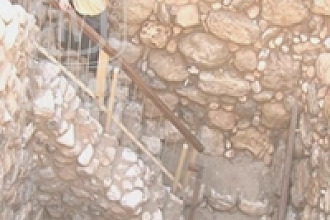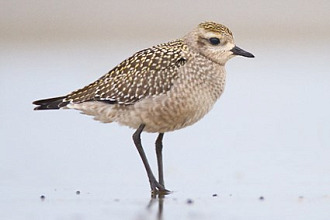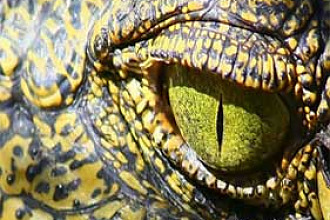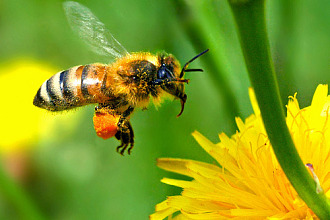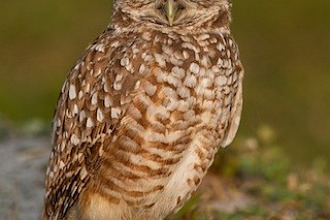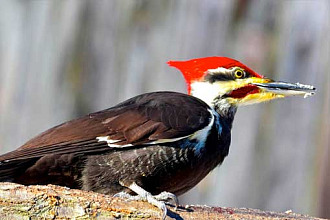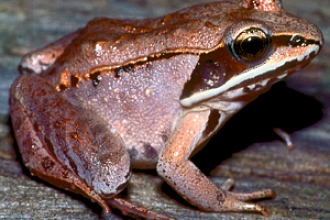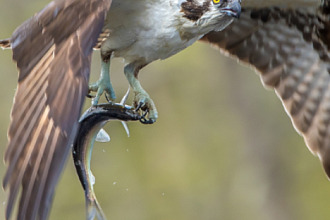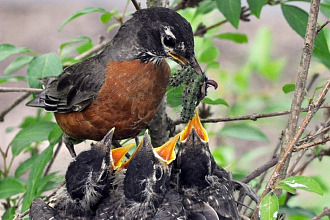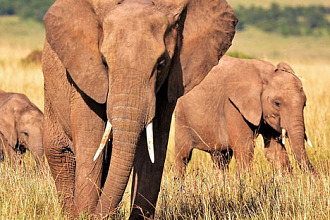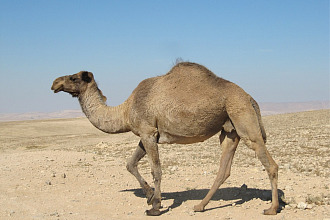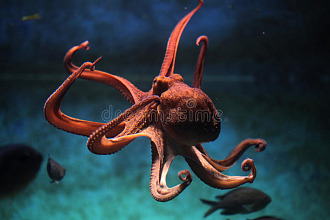The pelican has a protection mechanism that is awesome! That skilled "fisherman" bird can dive from a 65-foot height, slam into the water, and scoop up a bag full of fish and-water into the built-in pouch he carries under his lower jaw. (That pouch can even contain 2 gallons of water filled with fish at one time!) Then the pelican will find a handy perch and let the water drain from the pouch before swallowing his catch of fish.
Now the sound of the "smack" when the pelican's body slams into the water can at times be heard half a mile away! Being from such a height and velocity, it could be far more painful and harmful to him than a belly flop humans sometimes make when they make an error in a dive. But a pelican does this all the time, over and over!
(I can remember decades ago when our family was in an automobile that slammed into a tree after skidding out of control on an icy mountain pass. A couple of us were hurt. For some time afterwards I carried a large, fat pillow when seated in the front seat of a car—it was in the days before seat belts and air bags. I wanted protection, and figured that might be a good method to have it, should a collision occur again.)
But a pelican doesn't need to carry around a pillow when he goes fishing. He was created with what we might call built-in air bags! That's right. His Maker designed him with a series of air pockets in his chest to cushion him from the force of impact and protect him from injury. That intelligent design of the pelican has obviously been present thousands of years—while the first patent given for the human design of airbags to be used in airplanes was in World War II and for cars in the 1980s! The Master Designer is way ahead of human designers. A pelican's design is NOT BY ACCIDENT—and actually avoids accident and injuries for him!
"NOT BY ACCIDENT" (c) Juanita Kretschmar is used by permission and was first published in the book "Not By Accident" page 5



